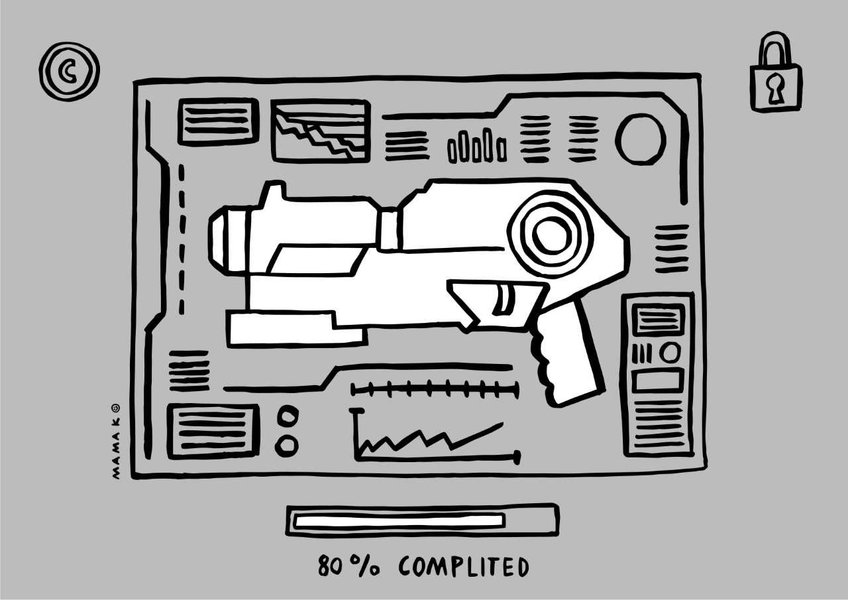
Automated Decision-Making in the Criminal Law Context: A Controversial Matter?
Large language models are advanced, deep learning algorithms designed to understand, summarize, translate, predict, and generate text. They are trained on large datasets, which enables them to mimic human-like language abilities. Recently, these models have gained popularity beyond their traditional domain of natural language processing. Applications such as ChatGPT demonstrate their versatility and potential for a wide range of tasks. The use of large language models for automated decision-making in criminal law is still controversial, however, and may even be considered taboo by many. The goal of this project is to develop the technical and legal requirements for the autonomous assessment of criminal law issues by such artificial intelligence (AI) systems. The initial results are promising and allow for further investigation in both the technical-empirical and the legal-theoretical areas.
Simple, run-of-the-mill cases in criminal law are suitable for studying the technical possibilities of automated application of the law, thanks to the schematic approach to the assessment of legal issues and to the limits imposed by the principle of legality and the prohibition of analogy. The project can be limited to individual offenses and abstracted to a binary output (punishable/not punishable) for quantitative evaluation.
As far as the legal aspects are concerned, according to various reports, many prosecutors must contend with excessive workloads. This may lead to some offenses not being prosecuted at all – a situation that is problematic from a societal perspective as well as from the victim’s point of view – or to the suboptimal prosecution of others, due to insufficient preparation time and the resulting lack of attention to detail. This is particularly true in the context of Swiss penalty order proceedings.
Problems arise on the defense side, as well. Defendants often lack the background necessary for even an elementary grasp of criminal law issues. Particularly in the case of “minor” offenses or in cases where relatively minor penalties can be expected, defendants may proceed without having the facts and the law evaluated by an expert (in part because of cost-related concerns).
The introduction of supporting AI would therefore be welcome in many respects. If this dissertation succeeds in producing a language model that can be used in practice, it could, on the one hand, help prosecutors improve their efficiency and, on the other hand, provide criminal defendants with a useful initial assessment of their cases and thus facilitate their access to justice.
| Expected outcome: | Dissertation |
|---|---|
| Project languages: | German, English |
| Timeframe: | 08/2023 – 07/2027 |
| Graph: | © Mamak |










